- Bo Nagar’s defection raises security fears for resistance forces in Myanmar’s heartland
- Weekly Highlights from Arakan State (Feb 2 to 8, 2026)
- Freedom of expression curtailed in resistance-controlled areas, report finds
- Conflict leaves Arakan’s historic pagodas in ruins as restoration stalls
- Siaha border gate reopens for India–Arakan trade while Lawngtlai remains closed
Deforestation in Arakan State affecting local livelihoods
As forest coverage decreases in Arakan State, the socioeconomic impacts on local residents rise, according to the affected populations.
14 Oct 2021
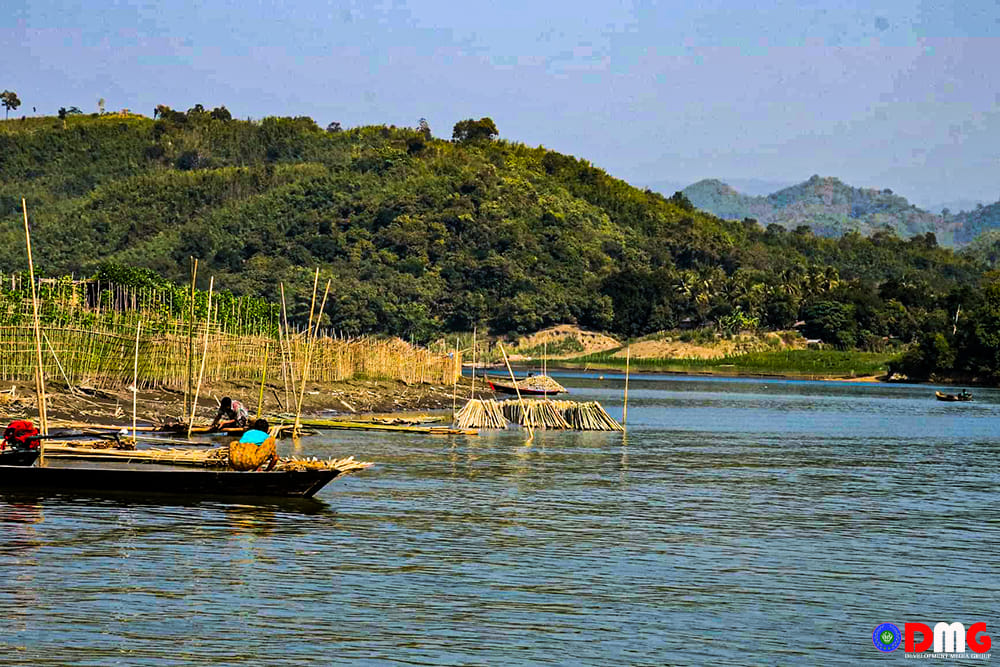
DMG Newsroom
14 October 2021, Sittwe
As forest coverage decreases in Arakan State, the socioeconomic impacts on local residents rise, according to the affected populations.
Residents of coastal Arakan State rely heavily on the fisheries and agricultural industries, meaning the effects of climate change and the attendant, growing scarcity of fish and prawns has brought major livelihood concerns, said Ko Myo Lwin, a resident of Ann Township who works in mangrove conservation.
“The mangroves are being cut down for shrimp farming. Dams were built on public lands to make shrimp and fish farms. Without these mangroves, fish and prawns will not be as plentiful as before, and the weather will take a toll,” he said.
U Soe Naing, chairman of the Danyawadi Farmers’ Development Association (Mrauk-U), said that compared with the previous decade, weather patterns are now significantly different and rainfall is no longer predictable.
“Compared with the previous decade, the weather is much worse this year. We rely on rainfall for farming in Arakan State, so if the rainfall is less than normal, farmers will be in big trouble. Now the northwest winds are not as strong as they used to be. Farmers have to estimate rainfall based on these winds,” he explained.
Forest cover in Arakan State was measured at 56.1% in 2015, but according to a survey conducted in 2020, forest area stood at only 48.1% , according to the state’s Forest Department.
“As the population grows in Arakan State year by year, more and more people are living in forest reserves. People are also expanding pastures for their livelihoods. Deforestation, encroachment, mining, and illegal logging in the past have gradually reduced forest areas,” said U Zaw Zaw Aung, assistant director of the Arakan State Forest Department.
He added that protected areas and forest reserves are being established in Arakan State in an effort to restore forest cover.
The Forest Department official noted that some processes have been delayed due to security concerns in some areas.





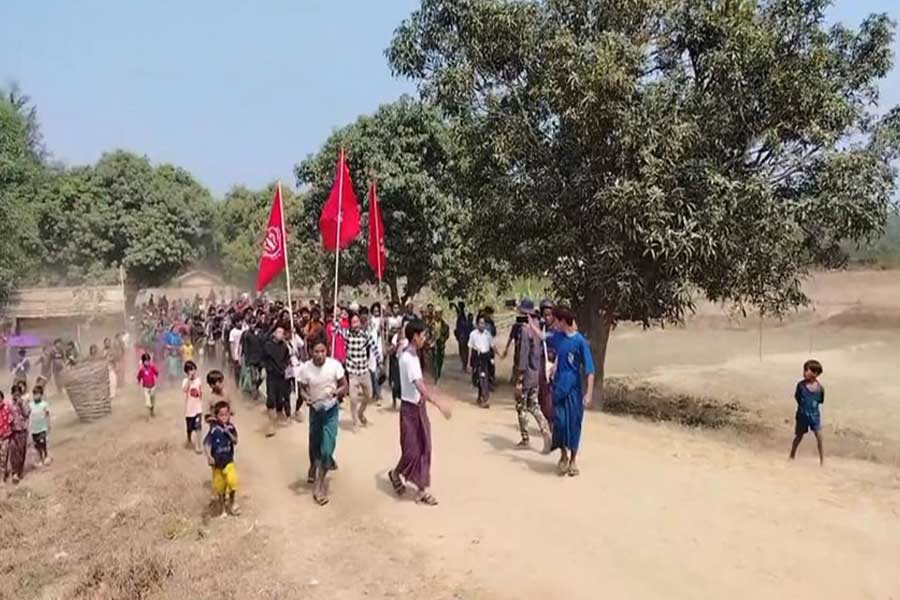
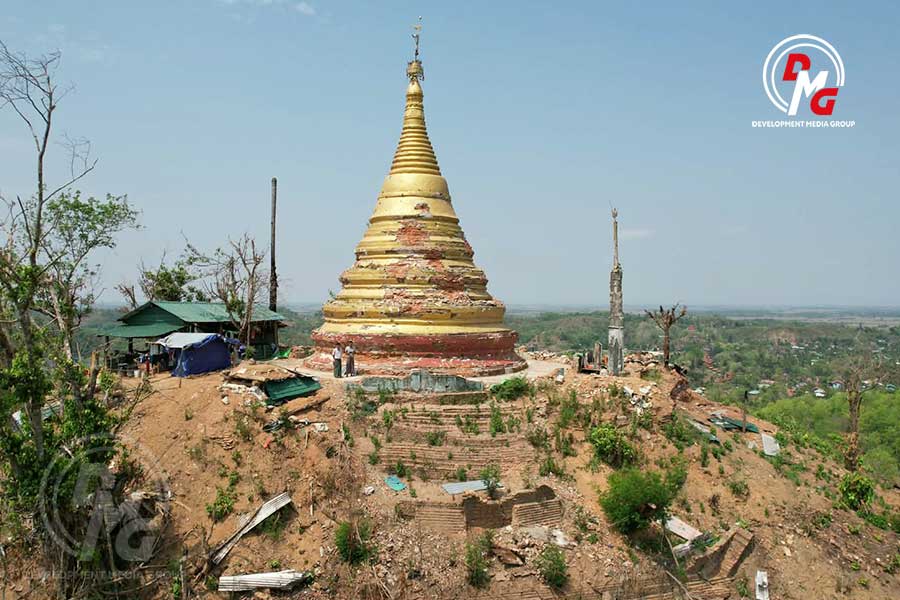
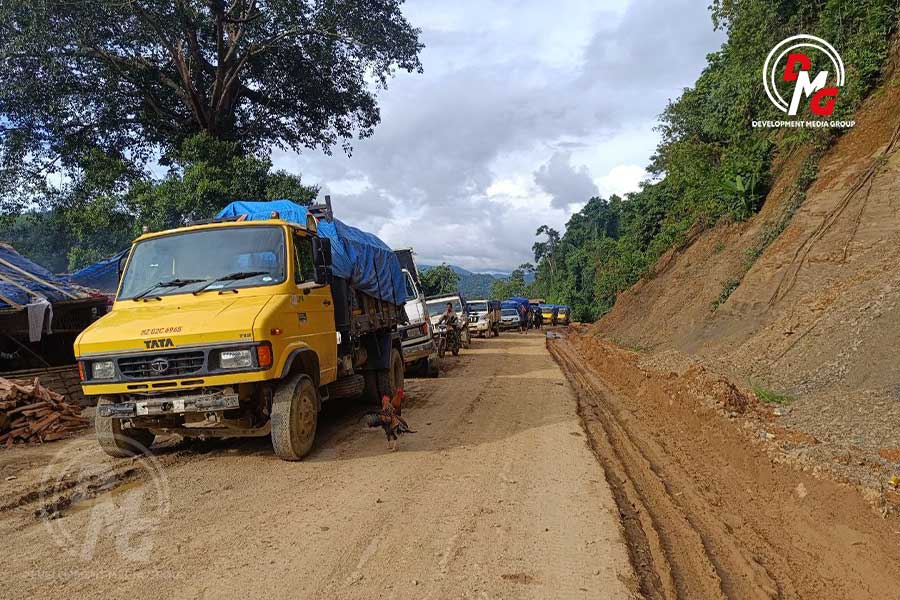
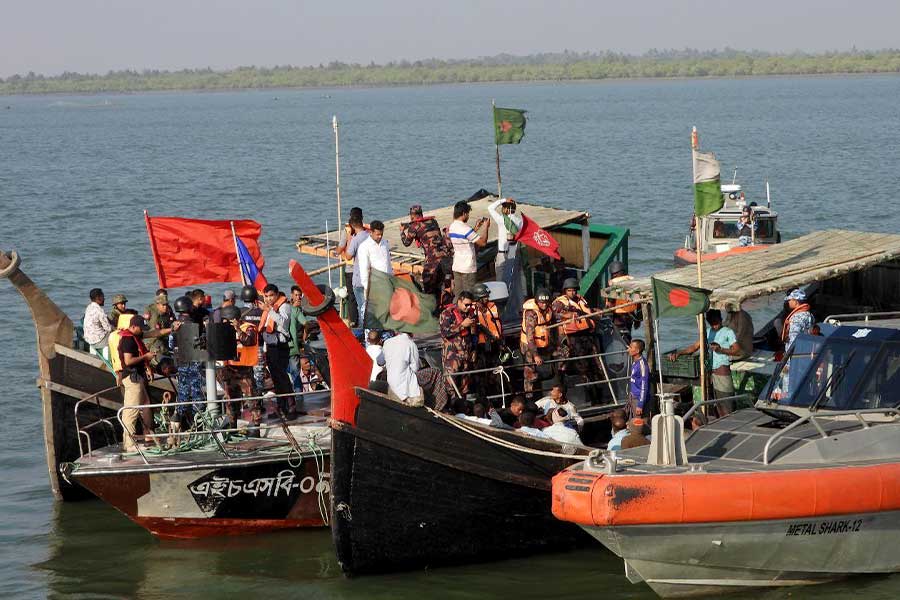







.jpg)
